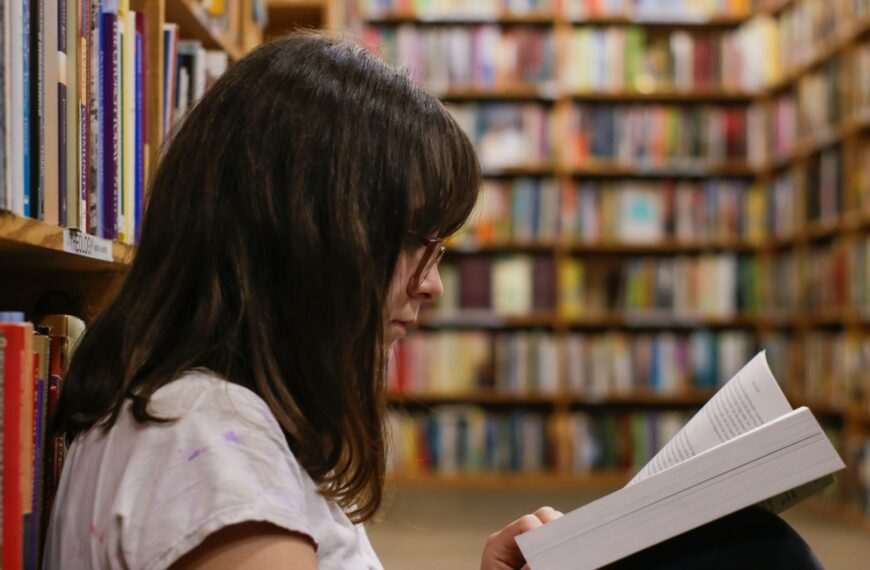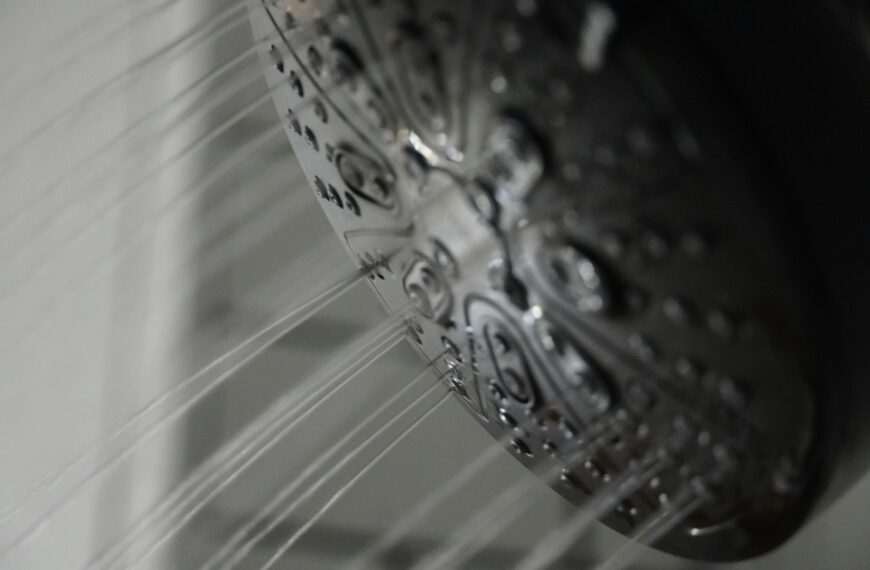
Photo by Becca Tapert on Unsplash
I never thought I’d be writing about the day I forgot my phone. It seems trivial, doesn’t it? We’ve all been there – that moment of panic when you pat your pocket and realize your digital lifeline is missing. But for me, this absent-minded moment turned into something much more profound.
Let me take you back to that fateful morning. It was a Tuesday, I remember clearly. I had a busy day ahead – meetings, deadlines, the usual chaos of modern life. I rushed out the door, my mind already racing through my to-do list. It wasn’t until I was halfway to work that I realized my pocket felt unusually light.
The Day I Forgot My Phone: The Initial Panic
At first, the realization hit me like a punch to the gut. How would I check my emails? What about my calendar? And don’t even get me started on the fear of missing out on important calls or messages. I felt naked, exposed, like I’d shown up to work without pants.
But here’s the thing – once the initial panic subsided, something strange happened. The world didn’t end. My meetings still happened. My work still got done. And in the absence of my constant digital companion, I started noticing things I hadn’t in years.
The Unexpected Freedom
Without my phone to distract me, I found myself truly present in my surroundings. I noticed the way the sunlight filtered through the leaves on my walk to lunch. I had actual, uninterrupted conversations with my colleagues. It was as if I’d been living life through a filter, and suddenly it had been removed.
This got me thinking – how much of our lives do we experience through the lens of our phones? How many moments do we miss because we’re too busy documenting them or checking for the next notification?
The day I forgot my phone became an accidental experiment in mindfulness. And the results were eye-opening.
Breaking Down the Phone-Free Experience
Let’s break down what happened when I spent a day without my phone:
- Improved focus: Without constant notifications, I found it easier to concentrate on tasks.
- Better conversations: Eye contact and active listening became the norm, not the exception.
- Increased productivity: Fewer distractions meant more got done in less time.
- Reduced stress: The constant need to be available and responsive disappeared.
- Enhanced creativity: My mind had space to wander and come up with new ideas.
The Science Behind Phone Dependency
As I reflected on my phone-free day, I couldn’t help but wonder about the larger implications. Was I alone in my dependence on my device? Turns out, I was far from it.
Studies have shown that the average person checks their phone 96 times a day. That’s once every 10 minutes. We’ve become so accustomed to the constant stream of information that we hardly notice it anymore. But our brains certainly do.
The constant interruptions from our phones can lead to:
- Decreased attention span
- Increased stress and anxiety
- Disrupted sleep patterns
- Reduced face-to-face social interactions
It’s not just about FOMO (Fear of Missing Out) anymore. We’ve developed a genuine addiction to our devices, and it’s affecting every aspect of our lives.
The Tipping Point: When Convenience Becomes Crutch
Malcolm Gladwell, in his book “The Tipping Point,” talks about how small changes can have big effects. The day I forgot my phone was my tipping point. It made me realize how much I’d been relying on this small device to navigate my entire life.
Think about it – when was the last time you:
- Memorized a phone number?
- Used a physical map to navigate?
- Sat in silence without reaching for your phone?
Our phones have become more than just tools – they’re extensions of ourselves. And while they offer incredible convenience, we need to be aware of the trade-offs.
Redefining Connection in a Digital Age
One of the most surprising things about my phone-free day was how it affected my interactions with others. Without the constant temptation to check my phone, I found myself more fully engaged in conversations. I noticed subtle facial expressions and tones of voice that I might have missed otherwise.
This made me question – in our hyper-connected world, are we actually becoming less connected on a human level? Are we sacrificing depth for breadth in our relationships?
The day I forgot my phone showed me that true connection doesn’t require a data plan. It requires presence, attention, and genuine interest in the people around us.
Finding Balance in a Phone-Dominated World
Now, I’m not suggesting we all throw our phones away and return to the Stone Age. The benefits of smartphones are undeniable. They keep us connected, informed, and can even save lives in emergencies. The key is finding a balance.
Here are some strategies I’ve implemented since my phone-free epiphany:
- Designated phone-free times: I now have set periods each day where my phone is off-limits.
- Mindful usage: When I do use my phone, I try to be intentional about it. No more mindless scrolling.
- Phone-free zones: Certain areas of my home, like the dinner table, are now phone-free zones.
- Regular digital detoxes: I’ve started incorporating regular phone-free days into my routine.
- Rediscovering old hobbies: I’ve picked up activities I used to enjoy before smartphones took over.
The Impact on Productivity and Creativity
One of the most significant changes I noticed on the day I forgot my phone was an increase in my productivity and creativity. Without the constant interruptions, my mind was free to focus deeply on tasks and explore new ideas.
This aligns with research on the concept of “flow” – a state of complete immersion in a task. Psychologist Mihaly Csikszentmihalyi describes flow as the secret to happiness. But achieving this state is nearly impossible when we’re constantly being pulled out of our focus by notifications and alerts.
By reducing our dependence on phones, we open up possibilities for more flow states, leading to increased productivity, creativity, and ultimately, satisfaction in our work and lives.
The Ripple Effect: How One Day Changed My Perspective
The day I forgot my phone wasn’t just a one-off event. It sparked a change in how I view technology and its role in my life. I’ve become more aware of my usage patterns and more intentional about when and how I use my phone.
This shift has had a ripple effect on various aspects of my life:
- Improved relationships: I’m more present with friends and family.
- Better sleep: No more late-night scrolling means better quality rest.
- Increased mindfulness: I’m more aware of my surroundings and my own thoughts.
- Enhanced problem-solving skills: Without Google at my fingertips, I’ve had to rely more on my own knowledge and critical thinking.
The Challenge: Could You Forget Your Phone?
As I wrap up this reflection on the day I forgot my phone, I can’t help but wonder – how would your life change if you “forgot” your phone for a day? What would you notice? What would you rediscover about yourself and the world around you?
I challenge you to try it. Set aside a day to disconnect. It doesn’t have to be accidental like mine was. Plan for it, prepare for it, and then observe what happens.
Here are some questions to consider during your phone-free day:
- How does your anxiety level change throughout the day?
- What do you notice about your surroundings that you usually miss?
- How do your interactions with others differ?
- What do you do with the time you’d usually spend on your phone?
- How does your productivity at work or home change?
Remember, the goal isn’t to demonize phones or technology. It’s to gain awareness of our habits and find a balance that allows us to enjoy the benefits of technology without sacrificing our connection to the real world.
Conclusion: The Day That Changed Everything
The day I forgot my phone truly did change everything for me. It opened my eyes to a world I’d been missing, hidden behind a digital screen. It reminded me of the joy of uninterrupted conversations, the pleasure of being fully present in a moment, and the creativity that can flow when our minds are given space to wander.
In our increasingly digital world, it’s easy to forget that our most powerful tool isn’t in our pocket – it’s between our ears. Our brains are capable of incredible things when we give them the chance to work without constant interruption.
So, I encourage you to take a step back. Evaluate your relationship with your phone. Are you using it, or is it using you? The day you forget your phone might just be the day you remember what it means to truly live.
Remember, in the grand scheme of things, missing a few notifications is a small price to pay for rediscovering the world around you. Who knows? The day you forget your phone might just change everything for you too.








